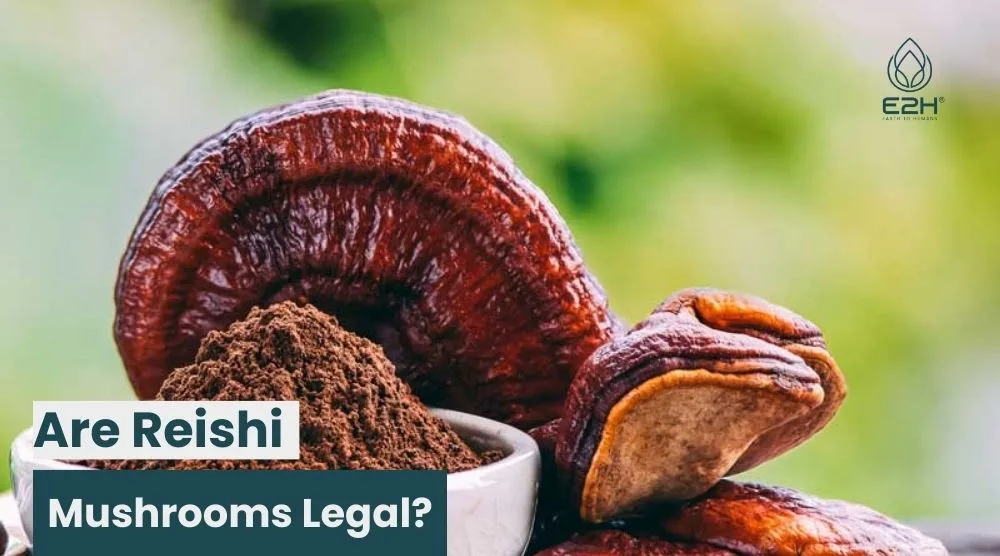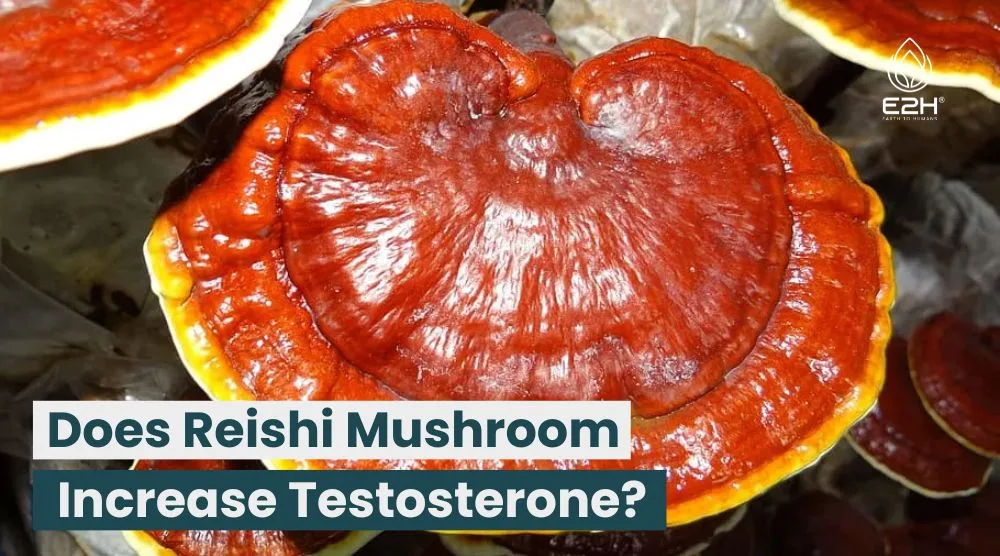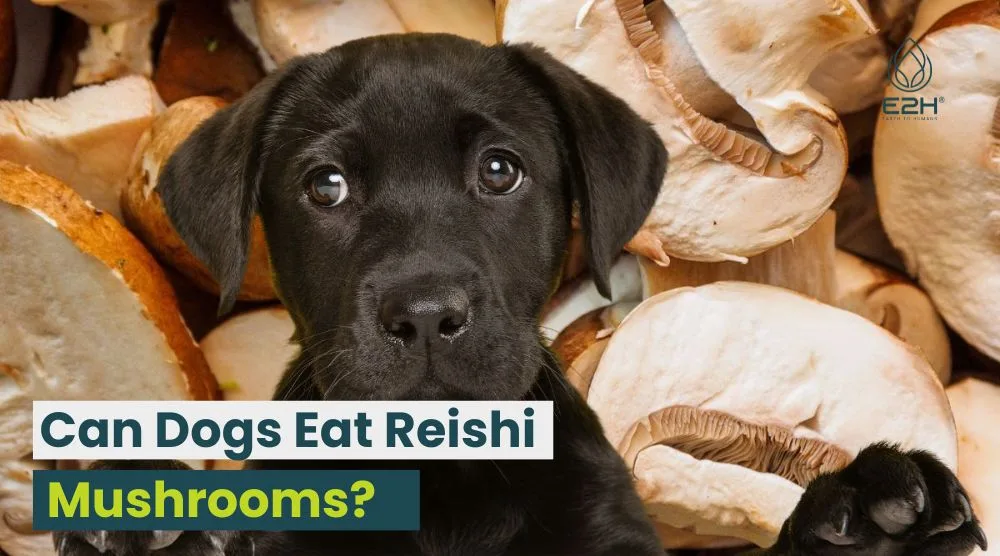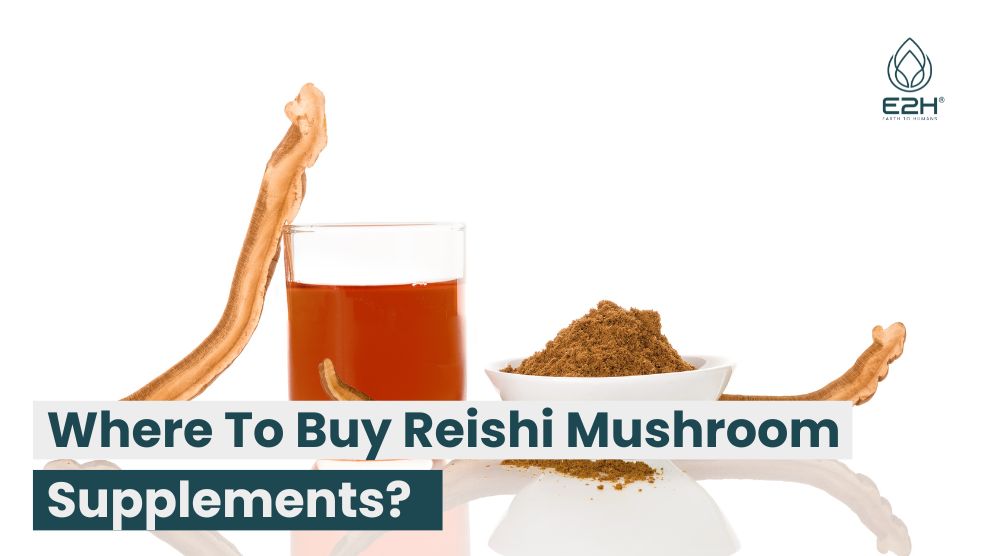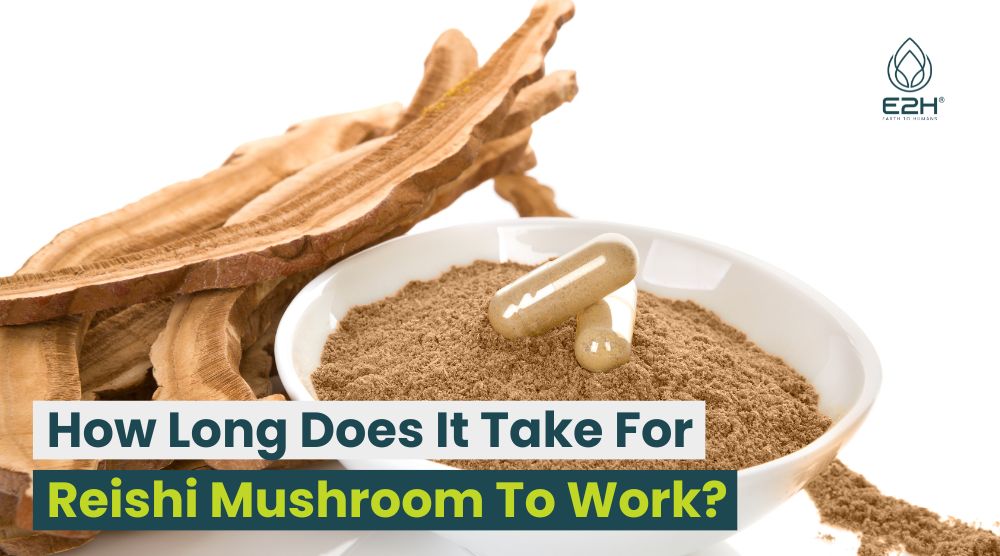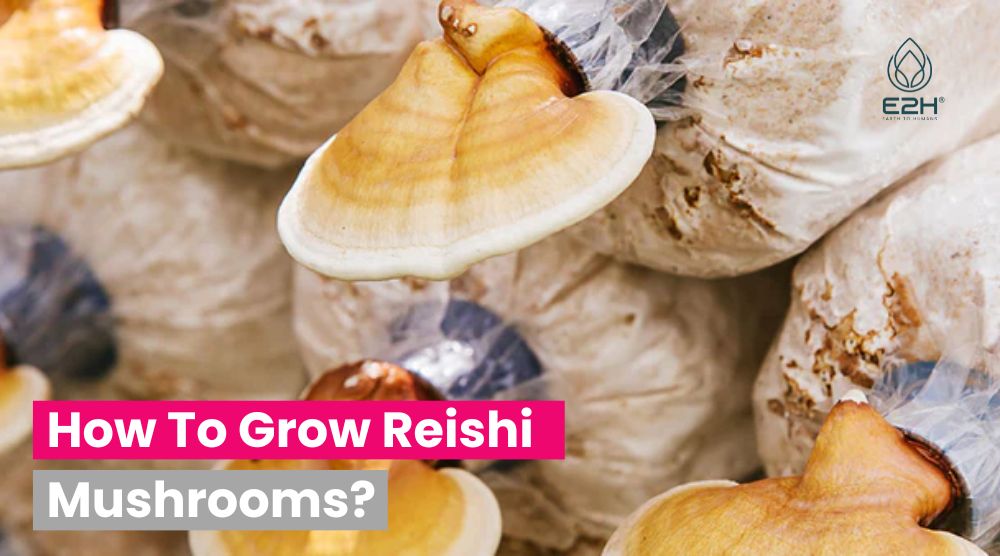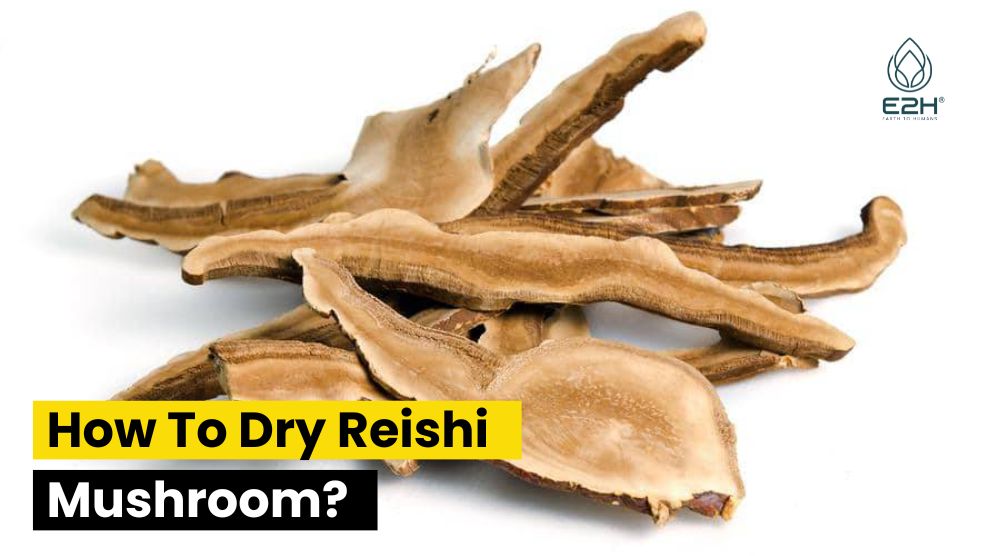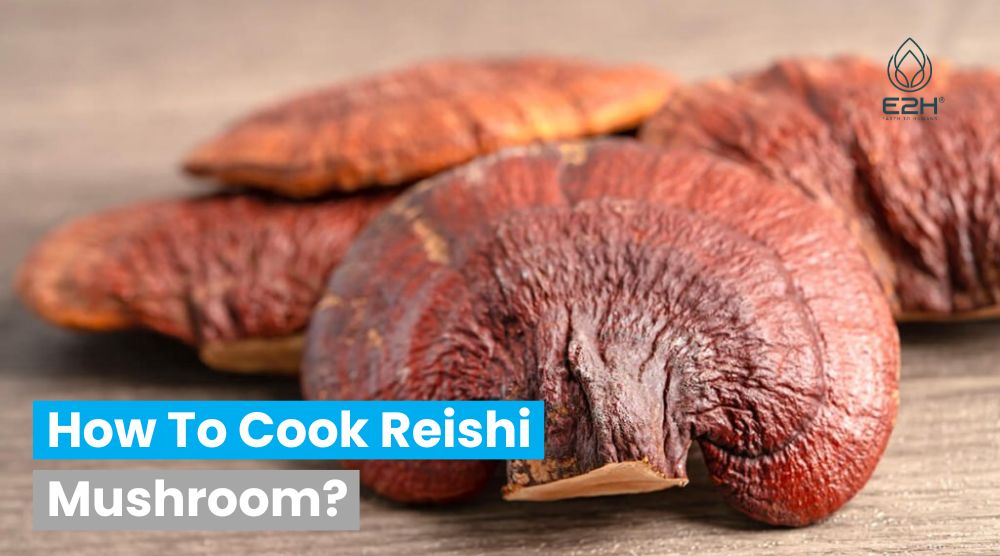Are Reishi Mushrooms Legal: Yes, Reishi mushrooms are legal for consumption in many countries. To understand more about their legality and explore the potential benefits of incorporating Reishi into your routine, let’s explore the fascinating world of this unique mushroom and its cultural significance.
What Is The Legal Status Of Reishi Mushrooms In Various Countries?
The legal status of Reishi mushrooms varies across countries. In the United States, taking Reishi mushroom is generally considered legal for personal use, with no specific regulations against its cultivation or consumption. European countries, including the United Kingdom and Germany, permit the sale and use of Reishi supplements.
In Canada, Reishi is classified as a natural health product, and its sale is regulated by Health Canada. Australia has stringent regulations on therapeutic goods, and Reishi falls under these regulations. In Asian countries like China and Japan, where Reishi has historical significance, it is legally sold and consumed as a food and dietary supplement.
However, it’s essential to be aware of local regulations and consult health authorities before purchasing Reishi mushroom products. Legal status can change, and adherence to guidelines ensures safe consumption and compliance with regional laws. Stay informed about your country’s specific regulations to enjoy the potential benefits of Reishi mushrooms without legal or mental health concerns.
Are There Specific Regulations Governing The Sale And Consumption Of Reishi Mushrooms?
Yes, there are specific regulations governing the sale and consumption of Reishi mushrooms. In the United States, the Food and Drug Administration (FDA) oversees dietary supplements, including Reishi products. Manufacturers must comply with Good Manufacturing Practices (GMP) to ensure quality and safety.
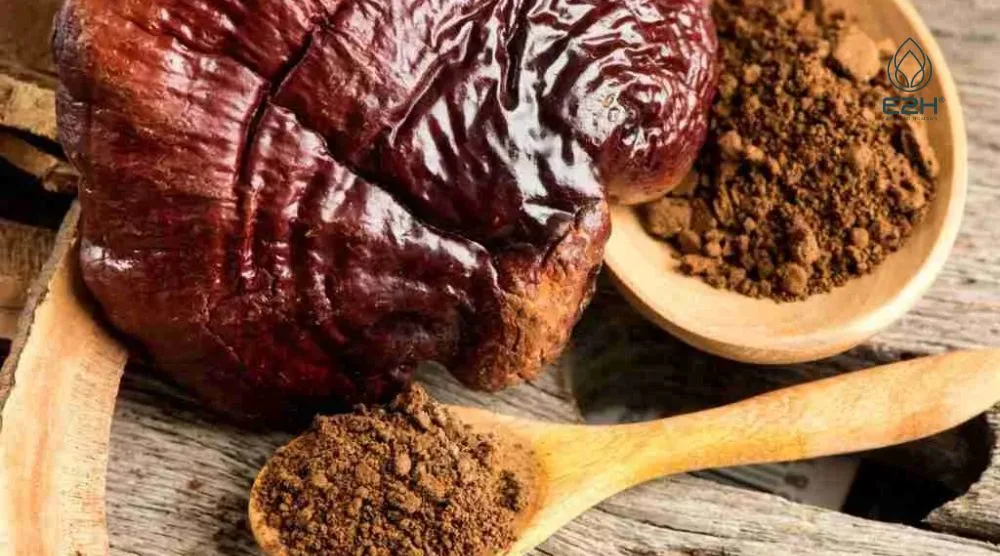
In the European Union, the European Food Safety Authority (EFSA) regulates health claims and assesses the safety of novel foods, including Reishi. Health Canada oversees the sale of Reishi in Canada, classifying it as a natural health product.
It’s crucial for consumers to choose products that comply with these regulations, ensuring they meet safety standards. Adherence to these guidelines guarantees a reliable and safe Reishi product for consumption.
How Does The Legal Status Of Reishi Mushrooms Differ From Psychedelic Mushrooms?
The legal status of Reishi mushrooms differs significantly from psychedelic mushrooms. Reishi mushrooms, classified as dietary supplements or natural health products, are legal in many countries for consumption and sale due to their recognized health benefits. Regulatory bodies, such as the FDA in the U.S. and EFSA in the EU, monitor their safety and quality.
On the other hand, psychedelic mushrooms, containing substances like psilocybin, are generally illegal in many jurisdictions. Psilocybin is a controlled substance due to its hallucinogenic properties. Laws regarding the psychedelic effects of mushrooms vary, with some regions decriminalizing or allowing restricted use of psychedelic effects for therapeutic purposes. Understanding these distinctions is crucial to navigate the legal landscape surrounding different types of psychedelic mushrooms legal.
Are There Any Restrictions On The Cultivation Or Harvesting Of Reishi Mushrooms?
The cultivation and harvesting of Reishi mushrooms are generally unrestricted for personal use. Individuals can cultivate Reishi at home for personal consumption without facing legal barriers in many countries. However, regulations may vary, and it’s essential to be aware of any regional restrictions.
Commercial cultivation, on the other hand, may be subject to agricultural and health regulations. It’s advisable for businesses to adhere to Good Agricultural Practices (GAP) and Good Manufacturing Practices (GMP) to ensure the quality and safety of Reishi products.
Foraging Reishi mushrooms in the wild may be subject to environmental conservation laws, and ethical harvesting practices are encouraged to preserve natural habitats. Always check local regulations and guidelines to cultivate or harvest Reishi responsibly.
Can Reishi Mushrooms Be Legally Sold As Dietary Supplements Or Health Products?
Yes, Reishi mushrooms can be legally sold as dietary supplements or health products in many countries. Regulatory bodies, such as the FDA in the United States and EFSA in the European Union, oversee the safety and labeling of these products.
Health Canada also regulates the sale of Reishi as a natural health product. Manufacturers must comply with Good Manufacturing Practices (GMP) to ensure product quality.
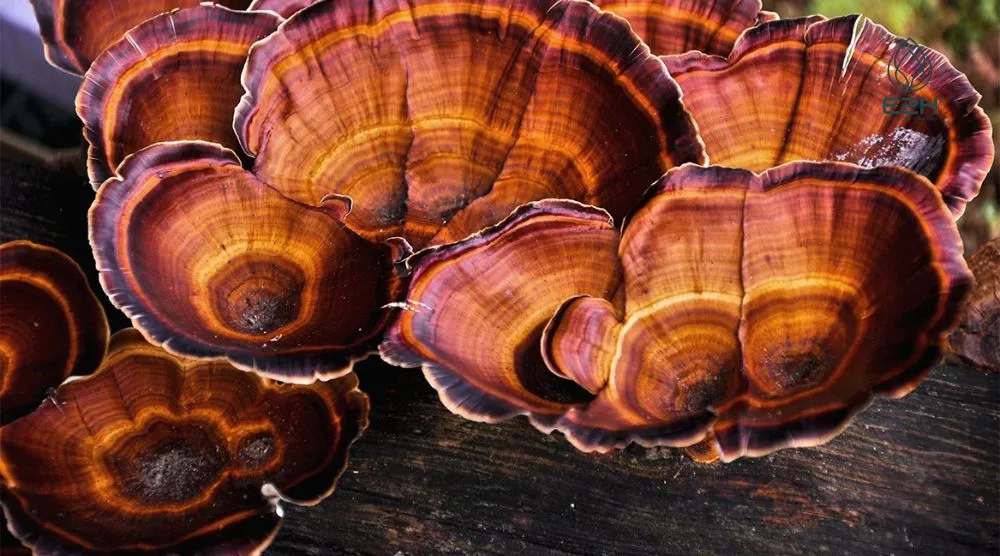
Consumers should look for products that meet these regulatory standards, providing assurance of the product’s safety and efficacy. Always check local regulations to ensure compliance with specific guidelines for selling Reishi supplements.
Are There Specific Health Claims Or Disclaimers Required For Reishi Mushroom Products?
Yes, specific health claims or disclaimers may be required for Reishi mushroom products. Regulatory bodies, such as the FDA in the United States and EFSA in the European Union, closely monitor health claims associated with dietary supplements.
Manufacturers must ensure that any claims made about the health benefits of Reishi are supported by scientific evidence. Moreover, disclaimers may be necessary to inform consumers that these products are not intended to diagnose, treat, cure, or prevent any disease.
It’s crucial for producers to comply with these regulations to provide accurate information to consumers and maintain product transparency.
How Do Legal Considerations Vary For Reishi Mushrooms Compared To Other Functional Mushrooms?
Legal considerations for Reishi mushrooms differ from other functional mushrooms based on their specific properties and uses. While Reishi is often classified as a dietary supplement or natural health product, other functional mushrooms like Chaga or Cordyceps may have distinct categorizations.
The regulatory landscape can vary, with each mushroom subject to specific oversight by health authorities. It’s essential for producers and consumers alike to be aware of these differences, ensuring compliance with relevant regulations and guidelines.
Understanding the unique legal status of each functional mushroom is crucial for legal worldwide responsible cultivation, sale, and consumption other medicinal psychedelic mushrooms within the legal framework.
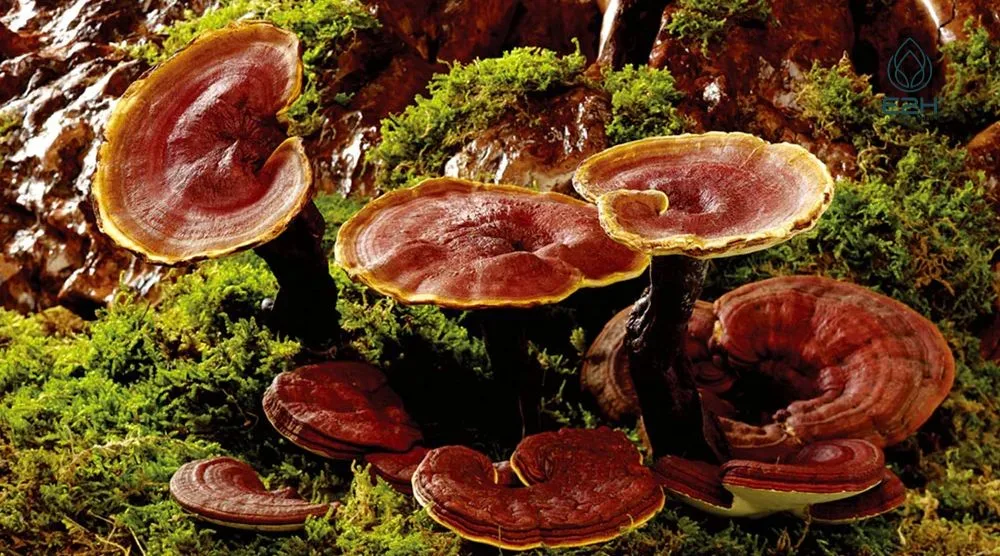
Is Reishi Considered A Pharmaceutical Drug?
No, Reishi is not considered a pharmaceutical drug. It is categorized as a dietary supplement or natural health product in various countries. Unlike pharmaceutical drugs, Reishi is derived from a natural source and is not prescribed to treat specific medical conditions.
It is subject to regulations governing dietary supplements, and manufacturers must adhere to guidelines such as Good Manufacturing Practices (GMP). Consumers should be aware that Reishi is not intended to diagnose, treat, cure, or prevent diseases, and it is not a substitute for medical advice cancer treatment.
Can Reishi Be Obtained Naturally Through Dietary Sources?
Reishi cannot be obtained naturally through typical dietary sources like fruits or vegetables. It is a type of medicinal mushroom that is primarily consumed in supplement form, such as capsules, extracts, or teas.
Unlike common food items, Reishi’s bioactive compounds are concentrated, and its potential health benefits are harnessed through specific extraction processes. While Reishi is not a conventional dietary element, it is incorporated into various health routines to leverage its reputed mental health–promoting properties.
FAQs For ‘Are Reishi Mushrooms Legal?’
Are Reishi mushrooms legal for consumption?
Yes, Reishi mushrooms are legal for consumption in many countries as dietary supplements, recognized for their potential health benefits.
Can I grow Reishi mushrooms at home without legal issues?
Generally, yes. Home cultivation for personal use is often unrestricted, but check local regulations for compliance.
Are there specific regulations for selling Reishi supplements?
Yes, regulatory bodies oversee Reishi supplements, ensuring quality and safety. Manufacturers must comply with guidelines for lawful distribution.
Can Reishi mushrooms be used in traditional medicine legally?
Yes, many cultures legally use Reishi in traditional medicine due to its historical significance and recognized health and healing properties therein.
Is there a legal difference between Reishi and psychedelic mushrooms?
Yes, Reishi is legal for consumption and sale as a dietary supplement, unlike psychedelic mushrooms, which often have legal restrictions due to their hallucinogenic properties.
Conclusion
Exploring the legality of Reishi mushrooms reveals their acceptance as beneficial supplements in many regions. Always stay informed about local regulations, allowing you to enjoy the potential health advantages responsibly. Embrace the world of Reishi with confidence, understanding that its legal status aligns with its positive contributions to brain health and overall well being-being. Incorporate these remarkable mushrooms into your routine, keeping legal considerations in mind, for a natural and health-conscious lifestyle.
